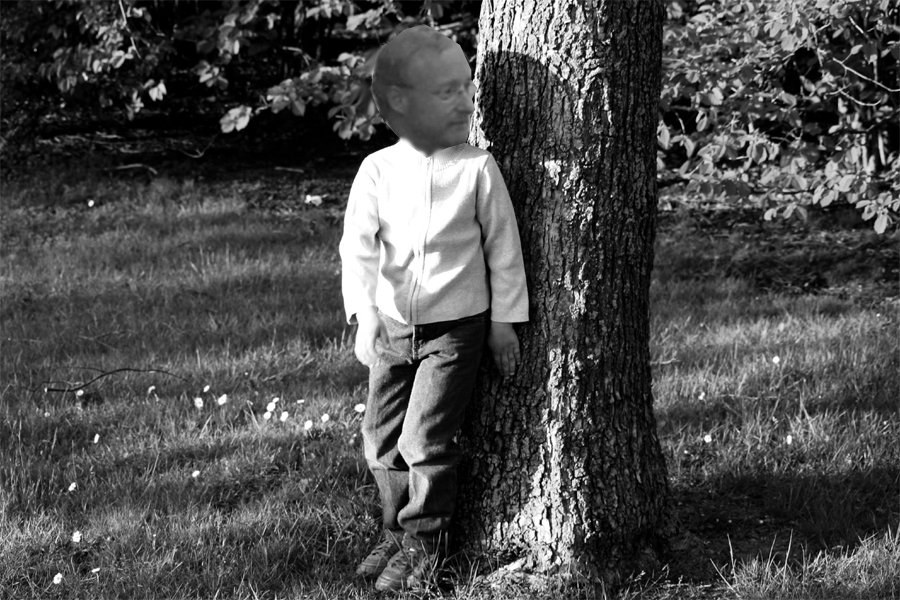

THE previous post focused on the EPO's promotion of software patents in the whole world, including eastern Asia and the USPTO. António Campinos is just like Battistelli in that regard. Later this weekend we'll remark on the American status quo (35 U.S.C. €§ 101 in particular), showing that courts continue to reject software patents, no matter what Iancu says. There's more stuff to that effect in our daily links.
"It seems clear that patent quality has collapsed. Even the Office knows it. It suppresses discussion about this as if censoring truth is a longterm strategy rather than procrastination and exacerbation of the crisis."We are disappointed but not surprised that Team UPC keeps spreading falsehoods. It wants a Europe (or EU) of litigation, not of science and wellbeing. It's about money; theirs.
Sniffing around the news at the end of last week we saw establishment of a Greek "Academy" for parasitic elements that sue and harass engineers in Europe. "The above-mentioned Academy," said the promotional posting, "is established as a service of “OBI”, and will be situated in Athens. The purposes of its establishment, except for the training and certification of “patent attorneys”, include, for example, the development and harmonization of education and training in the field of Greek, European and International industrial property law, the promotion of equal access to educational opportunities in this field, the support of initiatives for the cooperation between “certified patent consultants” (“patent attorneys”) and lawyers specialized in intellectual and industrial property, the cooperation with international organizations, such as the European Patent Office (EPO), as well as with Greek and foreign universities, etc."
There's that word again: "harmonization".
'Who's Who Legal', another publication of law firms, took note of the EPO's role in parasitic litigation in Ireland (which the law firms profit from). "Current trends in Patent Litigation in Ireland," according to them:
While Ireland is a common law jurisdiction with fewer cases than most European jurisdictions, there have been a number of recent cases that provide useful guidance on a number of interesting aspects of Irish patent law, in particular, preliminary injunctions, stays pending EPO proceedings and discovery.
[...]
As mentioned previously, patent litigation in Ireland is often one piece of a much broader pan-European litigation strategy. In such circumstances, it is common for related proceedings to be ongoing before the European Patent Office (EPO) in addition to other national courts.
In July 2018, the Irish High Court stayed the hearing of patent revocation proceedings between Eli Lilly and Eisai pending the determination of EPO opposition proceedings concerning the patent the subject matter of the proceedings. However, contrary to previous case law on the subject, the Court did not stay the proceedings in their entirety and instead allowed the parties to proceed with the exchange of pleadings and trial preparations, only the hearing would be stayed. In other words, the parties would go to the effort and expense to prepare the case for trial but the trial itself would not proceed during the stay.
This decision is noteworthy as, in effect, the public interest in bringing the matter on for trial was not considered to outweigh the potential wasted costs if the patent was revoked centrally at the EPO. The court acknowledged the risk of wasted costs in circumstances where the matter may be resolved before the EPO. The court also noted that a strong public interest existed in ensuring that the risk of any delay in supplying a potential treatment for Alzheimer’s disease should be minimised. Earlier case law was distinguished on the basis that it did not concern potentially ground-breaking treatment. These considerations were found to significantly outweigh the plaintiff’s concerns as to costs in preparing for a trial that may not proceed.
Although at first instance the patent was found to lack inventive step without using the problem-and-solution approach, the use of the PSA by the Court of Appeal did not make a difference to the outcome in the present case.
The saga of the Unitary Patent System and Unified Patent Court’s implementation – and the effect of Brexit on this – has created uncertainty for practitioners across Europe. This has had an impact on the advice they provide to their clients and the way in which they staff, train and resource their litigation departments.
Addressing the long-awaited and controversial Unitary Patent, RWS said that “we now anticipate that the proposed European Union Patent (“the Unitary Patent”) will come into effect in Q2 2020 at the earliest.”
When it does hit, patent applicants will be able to choose whether to use the current system or adopt the new Unitary Patent, RWS said, since both systems will run in parallel.